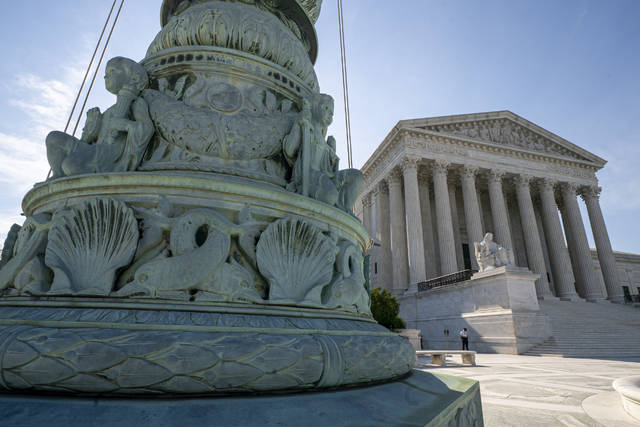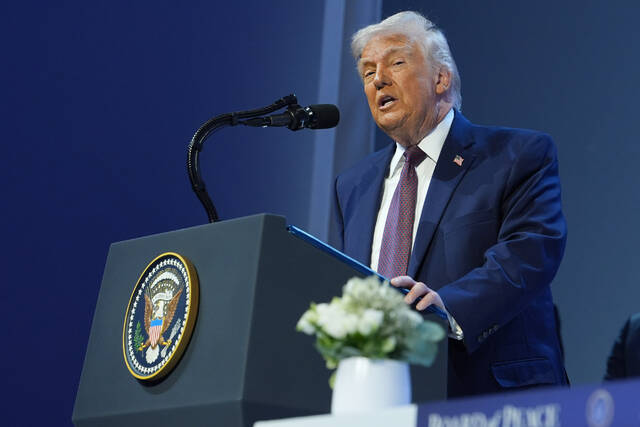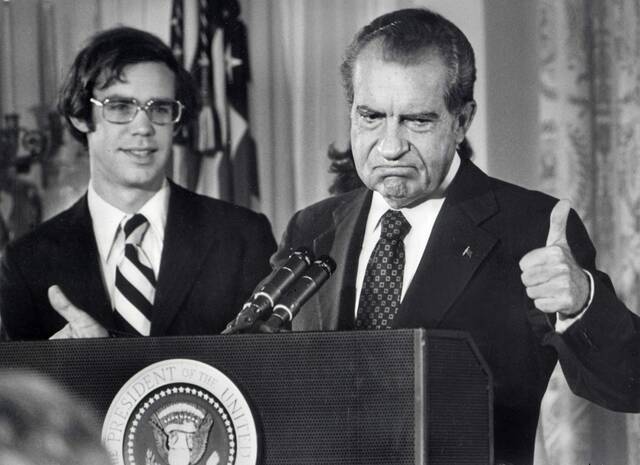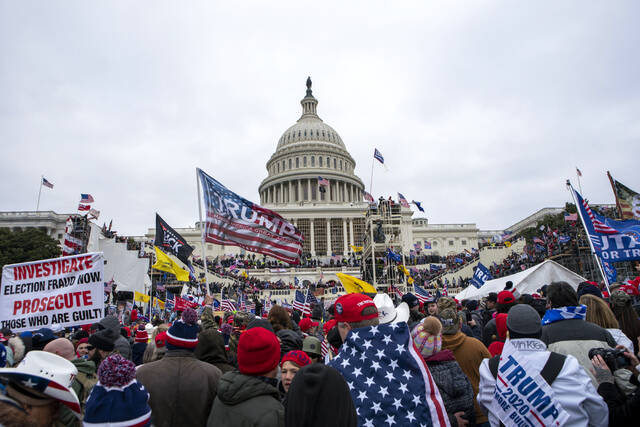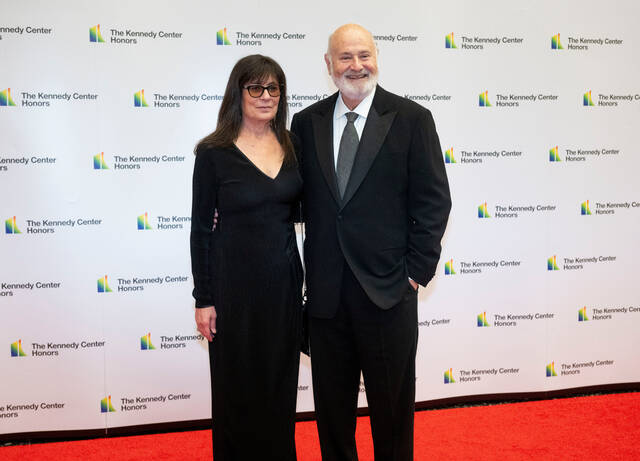When Christianity Today recently published an editorial calling for the removal of Donald Trump from office either “by the Senate or by popular vote next election,” it showed a first public crack in Trump’s evangelical Christian support.
Trump’s detractors have always been astonished that evangelical Christians have embraced and defended the president so solidly. But the editorial correctly cited Trump’s Supreme Court nominees as a major reason they have stood by him.
Jim Wallis, a Trump critic and the founder of the evangelical publication Sojourners, agrees that Trump’s court selections are at the root of his political support from white evangelicals.
“Their transactional politics has made for a Faustian bargain wherein they defend or tolerate every one of the president’s many moral defects in exchange for him appointing the type of judges they would like to have in lifetime posts,” Wallis wrote.
And that kind of bargain would also be cutting a deal for fool’s gold. Both Trump and his evangelical supporters are counting on judges to be loyal to their appointing president and his supporters, instead of to the law. And that is a mistake, a historical and professional mistake.
Richard Nixon nominated Harry S. Blackmun to the U.S. Supreme Court. Blackmun was a conservative, but he frequently aligned with the court’s liberal justices. Even worse for Nixon, three of his nominees — Chief Justice Warren Burger and Justices Lewis Powell and Blackmun — voted against him during Watergate, eventually contributing to his resignation.
Dwight Eisenhower appointed Chief Justice Earl Warren to the court and expected that he would share his administration’s conservative approach. Eisenhower preferred to go slowly on civil rights, and made his feelings clear to Warren. But Warren charged ahead on Brown v. Board of Education, leading the court to order desegregation and forcing Eisenhower’s hand on enforcement. Warren later wrote that Eisenhower called his appointment “the biggest damn fool thing I ever did.”
When George H.W. Bush nominated David Souter to the Supreme Court, Chief of Staff John Sununu reportedly said Souter would be a “home run” for conservatives. The major conservative groups fell in line and supported his nomination. But they quickly felt betrayed, because Souter often voted like his predecessor, Justice William Brennan, the leading liberal scholar on the court.
Here’s the thing about judges, whether they are on the highest court in the land or any lower court: They decide their cases, with few exceptions, on the facts and the law. Their politics may play a role in how they would like a case to be decided, but without the facts and the law, they can’t get there.
And this past week, Chief Justice John Roberts reminded us in his year-end report on the status of the federal courts that expecting anything else from the courts is like cutting that deal for fool’s gold.
Roberts, who would preside over the president’s Senate trial on the Articles of Impeachment passed by the House of Representatives, called on us to celebrate our “strong and independent judiciary.”
And in words that may have been a reference to challenges yet to come, he said, “We should reflect on our duty to judge without fear or favor, deciding each matter with humility, integrity and dispatch.”


